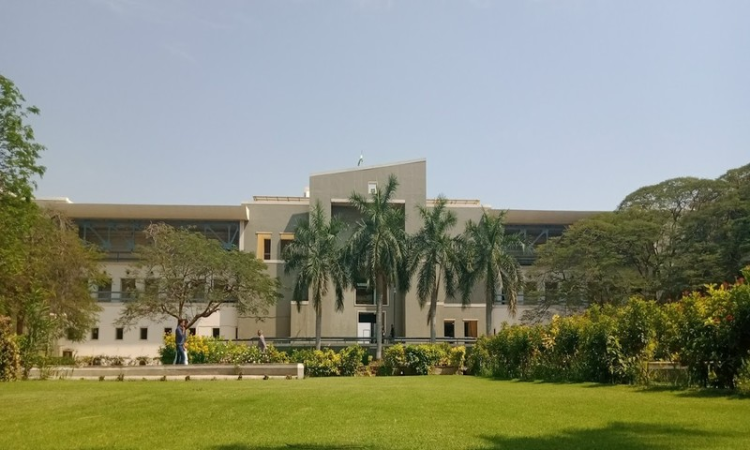Intention Or Knowledge Essential To Attract Section 307 IPC: Gujarat High Court
PRIYANKA PREET
19 March 2022 10:15 AM IST

Next Story
19 March 2022 10:15 AM IST
"What is material to attract offense under section 307 of the IPC is the intention or knowledge with which all the acts are done irrespective of its results", the Gujarat High Court has held recently. Justice Sandeep Bhatt made this observation in connection with a criminal appeal challenging the order of acquittal of the accused for offences under Sections 147 (Rioting), 148 (Rioting,...
